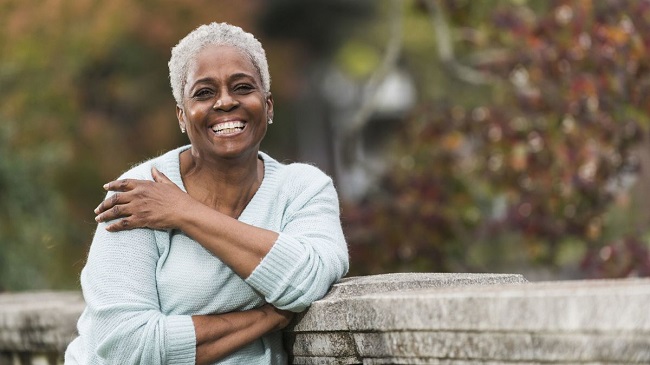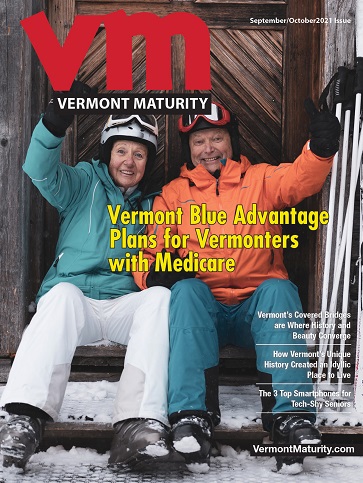
Everyone has encountered The Self-Fulfilling Prophecy. The classic study published in the 60’s primed elementary school teachers by telling them that specific students in their individual classrooms had shown extraordinary learning potential on standardized tests. At the end of the school year, achievement tests confirmed the original prediction. The designated students showed exceptional gains over the academic year. The target students however were chosen by random selection.*
Teachers were led to believe that specific students had unusual learning potential. These beliefs prompted behavior to stimulate uncommon learning gains. Can beliefs be so powerful? The Self-Fulfilling Prophecy is alive and well among adults over 60. Becca Levy, Professor of Public Health and Psychology at Yale, showed that senior adults who held positive beliefs about aging were 50% less likely to develop dementia when contrasted to seniors who held negative beliefs.
Again, beliefs prompted behavior that had tangible consequences. The beliefs of patients in placebo studies often produce results that rival actual treatment outcomes.
How do people acquire beliefs about aging? Are they aware of their beliefs? Where are they shaped? Can someone change negative beliefs?
The picture gets more complicated. Nobel Prize winning psychologist Daniel Kahneman reveals the source of many beliefs. “Most of us feel that we believe what we believe because we have reasons to believe it. That is, to a very large extent, an illusion. We believe what we believe mostly because we believe in what people we like and trust believe. We believe what we’re taught to believe. Reasons come later. … “The idea that we hold reasonable beliefs is an illusion.”
People hold automatic, non-rational beliefs that are acquired via cultural surroundings. The nation’s tragic history with the Covid pandemic illustrates this painful truth. As of September 2021, the number of U.S. deaths from the virus has soared past 680,000. The U.S. has 4.5% of the world’s population and 15% of global deaths. Recalcitrant beliefs of the unvaccinated result in tens of thousands of unnecessary deaths.
The future of an individual’s health is shaped by beliefs whose origins they often don’t understand. We find ourselves again at the door marked “Backstage,” as introduced in our previous article, The Psychology of Health Aging. A lot goes on backstage outside of our conscious awareness.
For example, are we masters of our personal destiny or victims of fate? Everyone has beliefs somewhere on this continuum and it likely has a decisive impact on their future health. People with beliefs that they are in control of their destiny are more likely to act in ways to promote positive health outcomes, … The Self-Fulfilling Prophecy rides again! People who believe that they are victims of fate are more likely to believe in conspiracy theories, less likely to follow their physician’s guidance and more likely to follow advice from so-called ‘internet experts.’
We need to understand this issue better. Let’s dig into the topic with some fresh, local data. Help us generate meaningful insights for the Vermont community.
We offer two invitations to our readers:
- At Resilience-advocate.com/vermont.html you are invited to respond to a brief survey on beliefs. We will report results in a future article.
- On that same page, you are invited to respond to a ten-item survey on Resilience. When you submit your answers, you will receive a 7–8-page personalized response to stimulate your thoughts.
* Rosenthal, R., & Jacobson, L. (1968). Pygmalion in the classroom: Teacher expectation and pupils’ intellectual development. Holt, Rinehart & Winston.
Richard Houston holds a Doctorate in Education and was licensed by the Massachusetts Board of Psychology. He is a graduate of Brown University. He has conducted research on the psychological dimensions of healthy lifestyle behaviors and has had long term consulting relationships with several continuing care retirement communities. You can visit his website at Resilience-Advocate.com.
Related Articles & Free Vermont Maturity Subscription

A Positive Mindset is Key to a Successful Move
How Being Socially Active Helps Keep Older Adults Healthy






Comment here